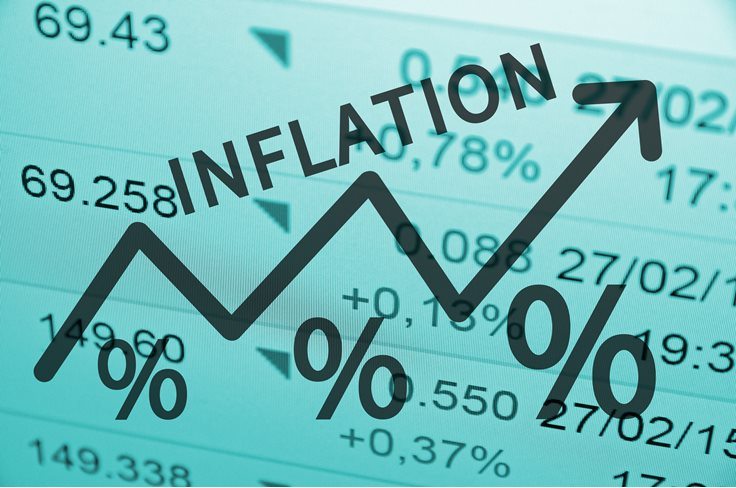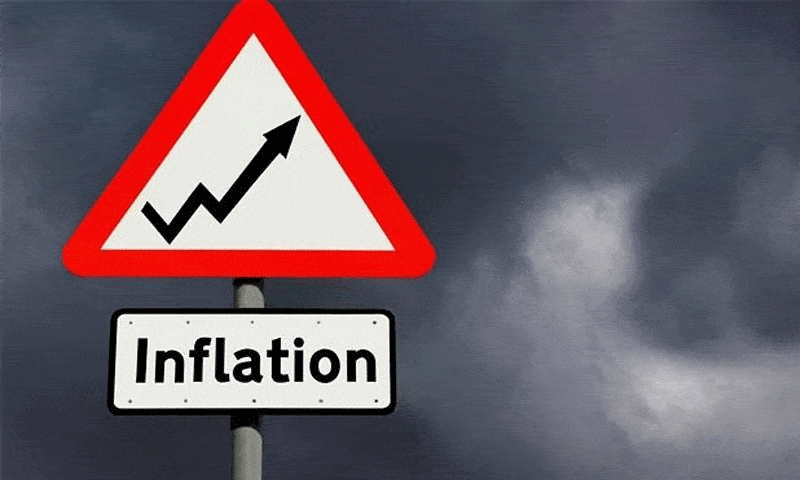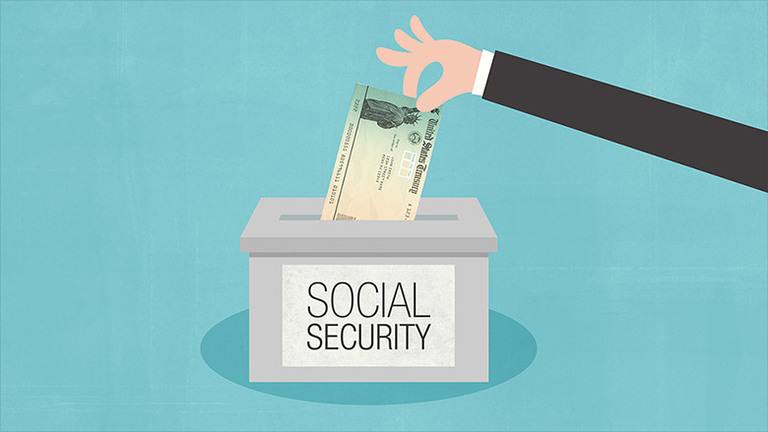Unless you are working in the domain or being passionate about finance, inflation is a pretty vague term commonly used in the news. However, everybody who finds about the major impact it has on their daily lives wants to know what it really is.
Simply said, inflation drastically affects what and how much you are buying. Inflation means that you will have to pay more for the same things you used to buy at a lower price. However, you can also take advantage of inflation if you are the lucky recipient of income inflation or if you are involved in stocks.
But if your income doesn’t increase or increases at a slower rate than general inflation, your buying power declines.
Also, inflation doesn’t affect every object or service exactly in the same way. For example, the gas prices may double, but your home will lose value. For those who remember, that’s pretty much what happened during the horrific financial crisis of 2008.

If inflation will reach the double-digits, it will turn into hyperinflation. Let’s just say we all hope that this will never happen because if it does, we will end up spending a wheelbarrow of money for a loaf of bread. However, chances are low. Hyperinflation only happens if a government is irresponsible enough to print money regardless of the inflation rate. It hasn’t happened since 2000, Zimbabwe.
Inflation Impact on Retirement Planning
The main problem when it comes to retirement planning is that inflation affects certain asset classes, while deflation changes others. Therefore, making a certain plan is technically impossible because rules are constantly modifying.
More precisely, inflation is a killer to retirement planning because your target must keep rising to pay for the same life you’d initially settled on. The best way to prevent failure from happening is to save more money than you think you need.

![]()
![]()
The Impact of Inflation on Treasury Bonds
If you currently hold bonds or Treasury notes, you really should keep an eye on inflation all the time. Normally, these assets are a fixed income that pay the same amount every year.
However, inflation rises faster than the return on these assets, which makes them less and less valuable. That’s exactly when people are struggling to sell them – and this is another mistake because it makes them even less valuable than they had already become.
When that happens, the U.S. government is forced to offer higher Treasury yields to sell them at all. This increases most mortgage interest rates. Therefore, the value of your investments is considerably lower.









